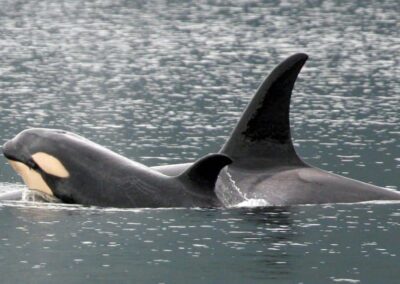News
Stay Informed
Upcoming Actions
Puget Sound and Climate Change
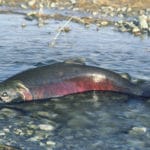
The Problem
Climate change is bad for the global environment and bad for the species that depend upon having cold water in Puget Sound tributaries—species such as salmon that spawn and rear in rivers, and frogs that live in forest streams. High temperatures in Puget Sound rivers and streams already pose an existential threat to these cold-water species. With climate change, these temperature impacts will only worsen. The U.S. Environmental Protection Agency (EPA) has shown that climate change has already raised river temperatures in Puget Sound tributaries and that stream temperatures will continue to climb. Yet the state Department of Ecology continues to underregulate logging runoff in Puget Sound, rarely regulates agricultural runoff, and generally ignores the need to protect and restore the streamside trees that provide the shade to keep stream temperatures cool.
In addition, stream temperatures will only get warmer as climate change reduces the amount of water flowing in Washington’s streams. Since the trees that are needed to shade Puget Sound’s rivers and streams need many years to grow into the tall, dense stands that can keep them cool, the lack of streamside trees—known as riparian buffers—is a climate emergency. Although the fire bells are clanging, the state continues to drag its feet.
NWEA relies on federal and state laws to target temperature pollution in Washington state waters from logging and farming. In recent years, we have:
• Settled a lawsuit that requires Ecology to establish the width and vegetative makeup of riparian buffers on agricultural lands and to use those buffers in pollution clean-up plans.
• Settled a lawsuit that requires EPA to reconsider an earlier decision that allows Washington to raise the allowable temperatures of streams when it issues pollution clean-up plans regardless of the impacts of those temperatures on threatened and endangered salmon.
• Sued EPA and Ecology for not issuing enough pollution clean-up plans.
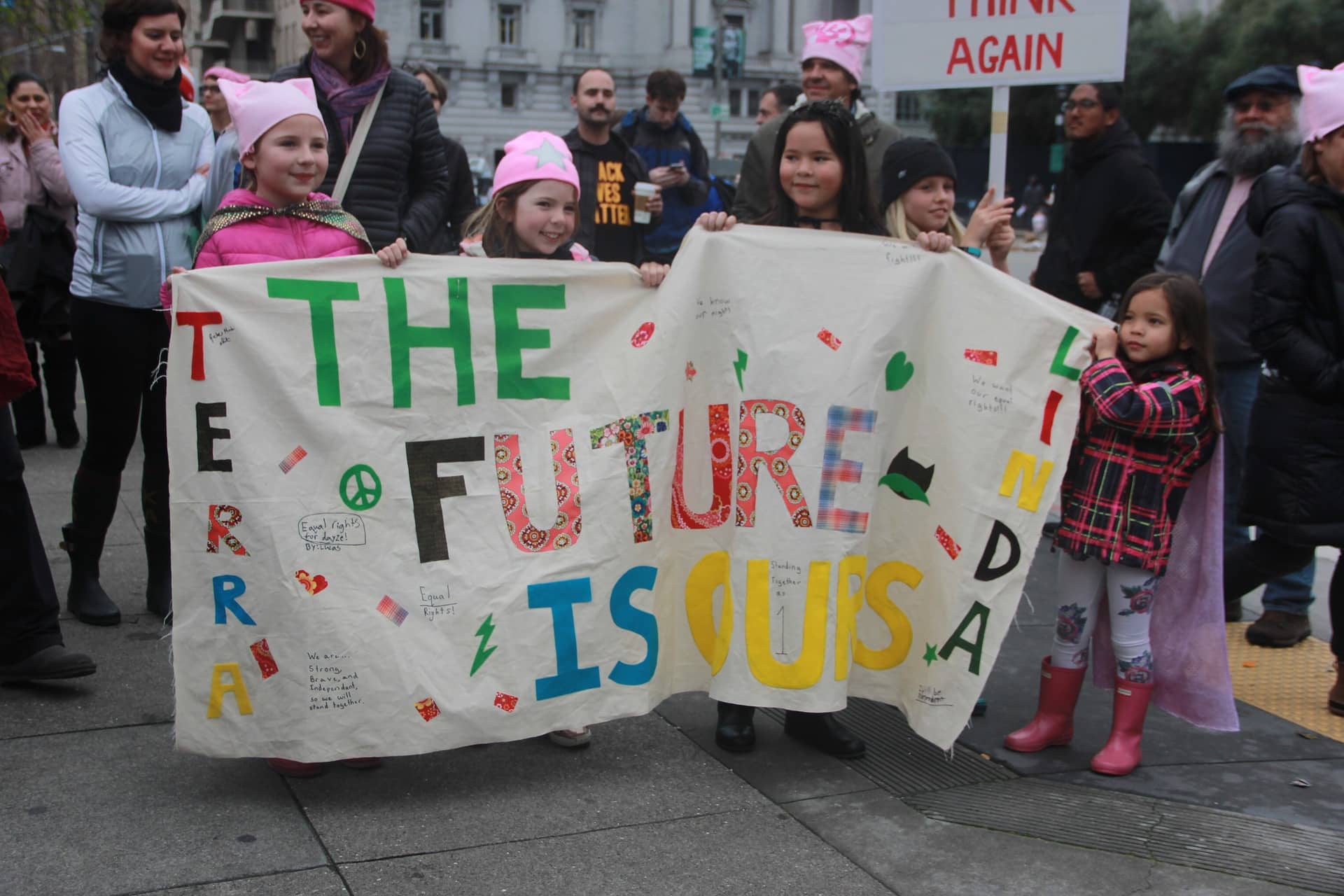
What You Can Do
• Sign up for NWEA Action Alerts
• Sign up for Ecology emails
• Connect your friends and family to the issue via social media
• Become a member of NWEA—with or without a financial contribution
Washington and federal agencies will propose significant actions over the coming year—actions that are guaranteed to fall well short of protecting Puget Sound. These agencies invite public comment, creating an opportunity for you to add your voice to the demand for change. Too often, agency actions are shaped to benefit special interests, not the public interest. That needs to stop. A growing population and climate change bring even more urgency to the longstanding need for strong regulatory actions to protect Puget Sound, its marine life, and its beaches. Here are some key opportunities to be heard:
Action Needed Now!
Washington Ecology: Mandate Modern Sewage Treatment for Puget Sound
After 20 years plus of foot–dragging, Ecology plans to allow 58 sewage treatment plants to keep discharging at current levels instead of making them reduce the amount of pollution they dump in Puget Sound.
In other words, Washington is not following the law and not protecting Puget Sound. Join with us to stop Washington’s business-as-usual approach to Puget Sound and help save the Chinook salmon and Puget Sound’s resident orcas.
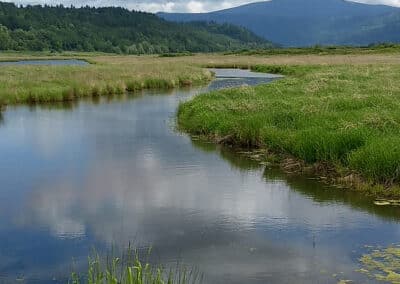
Court Wins for Puget Sound & Columbia River
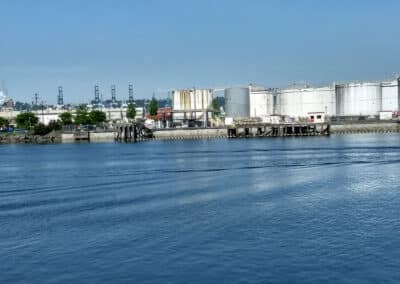
Stopping Tacoma from Harming Puget Sound Chinook Salmon
